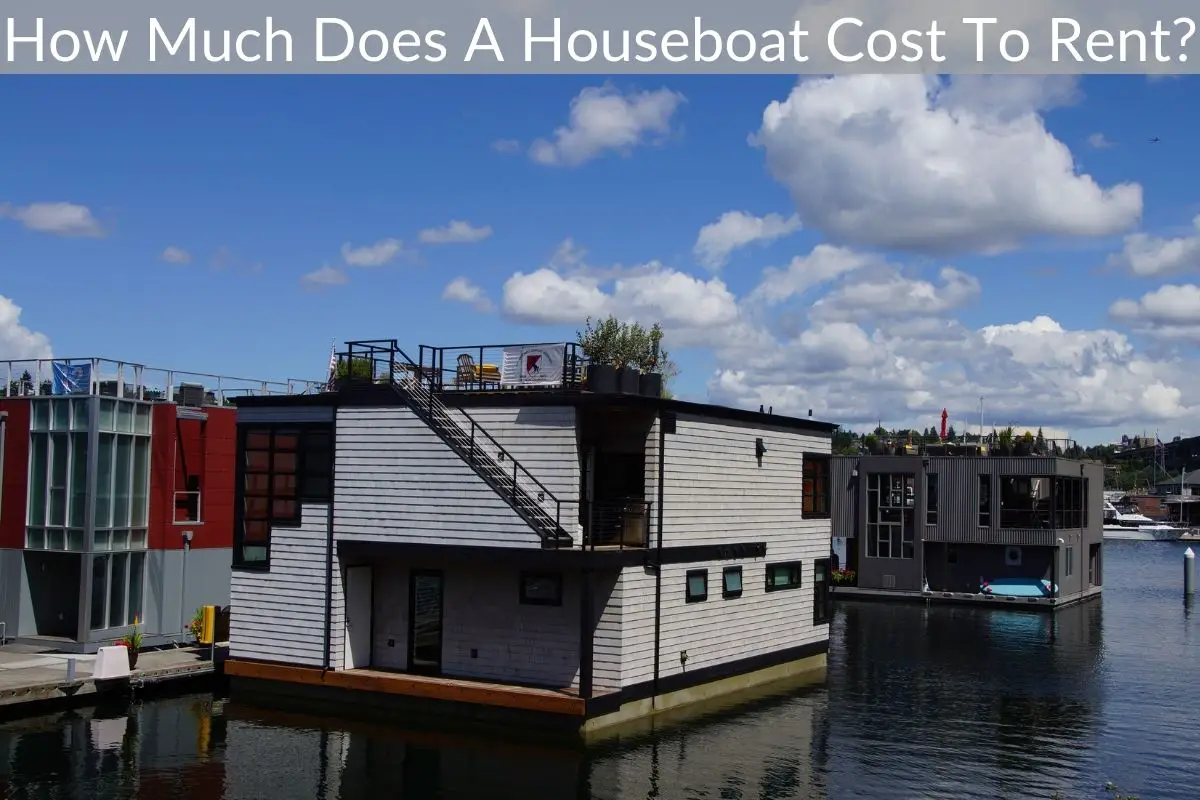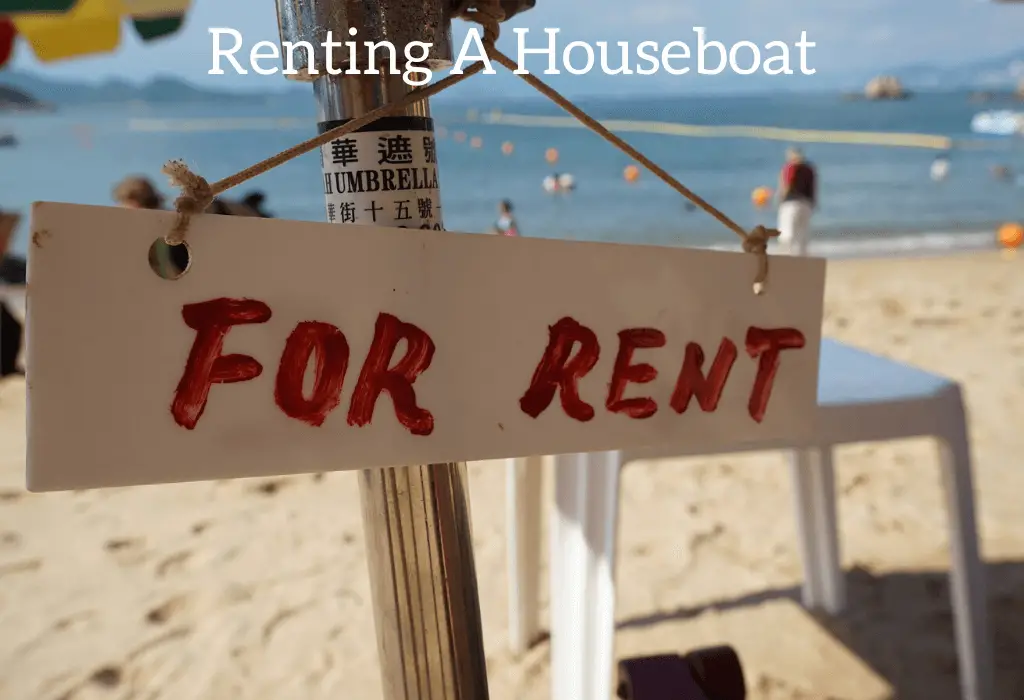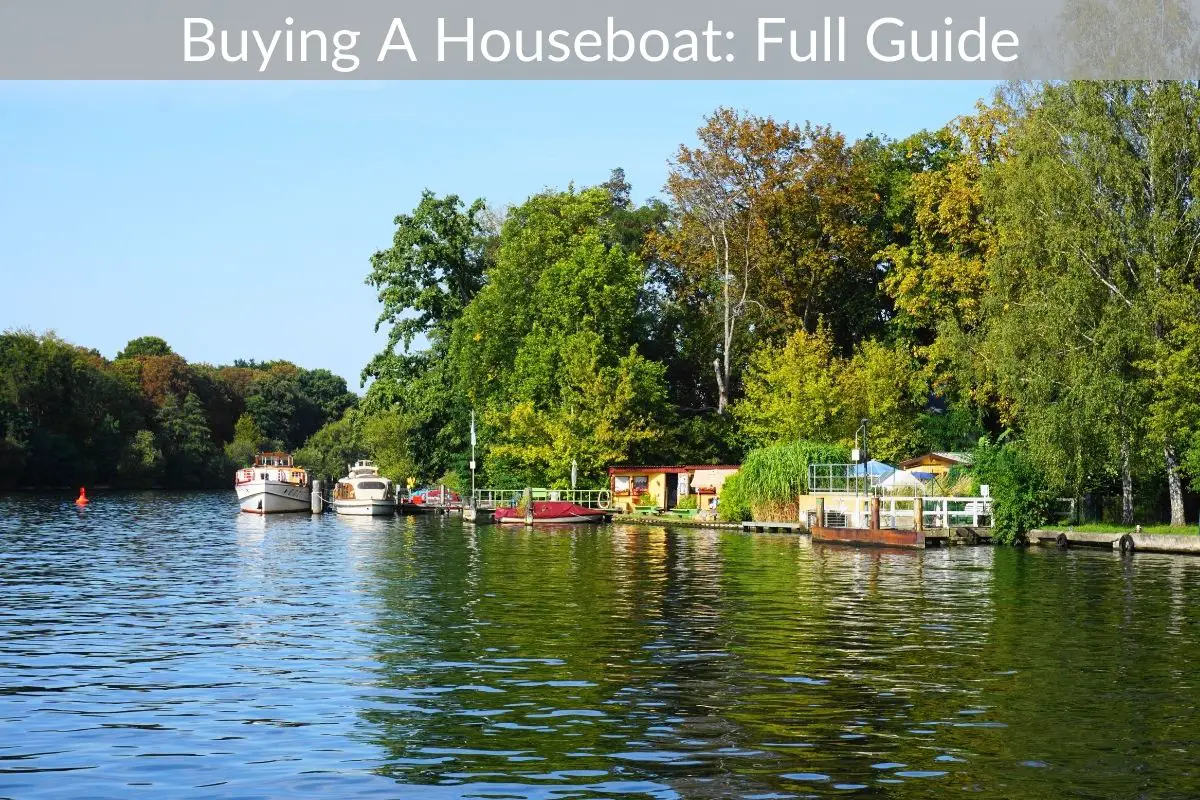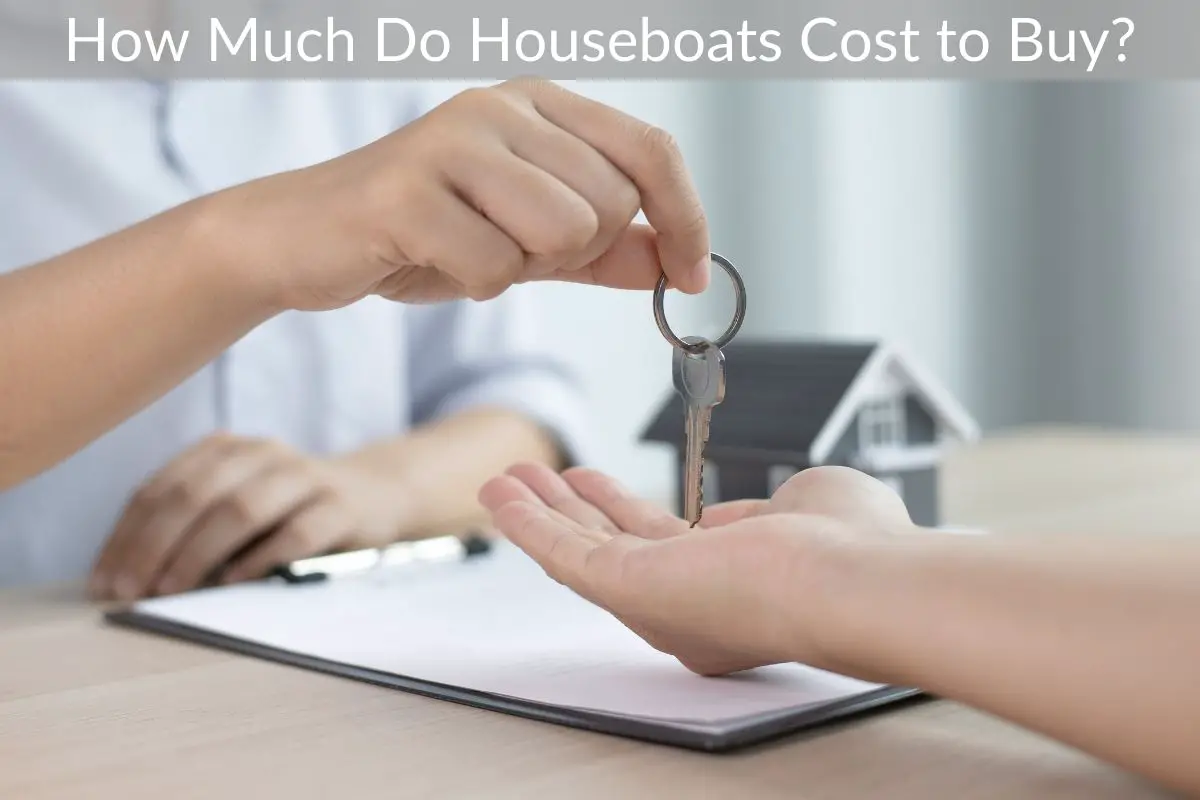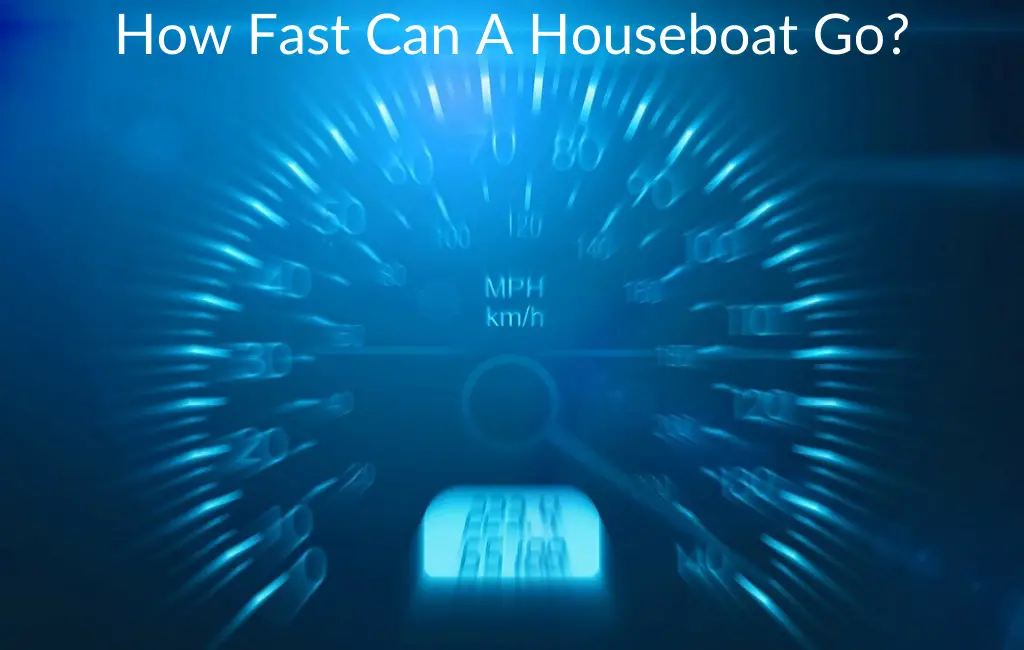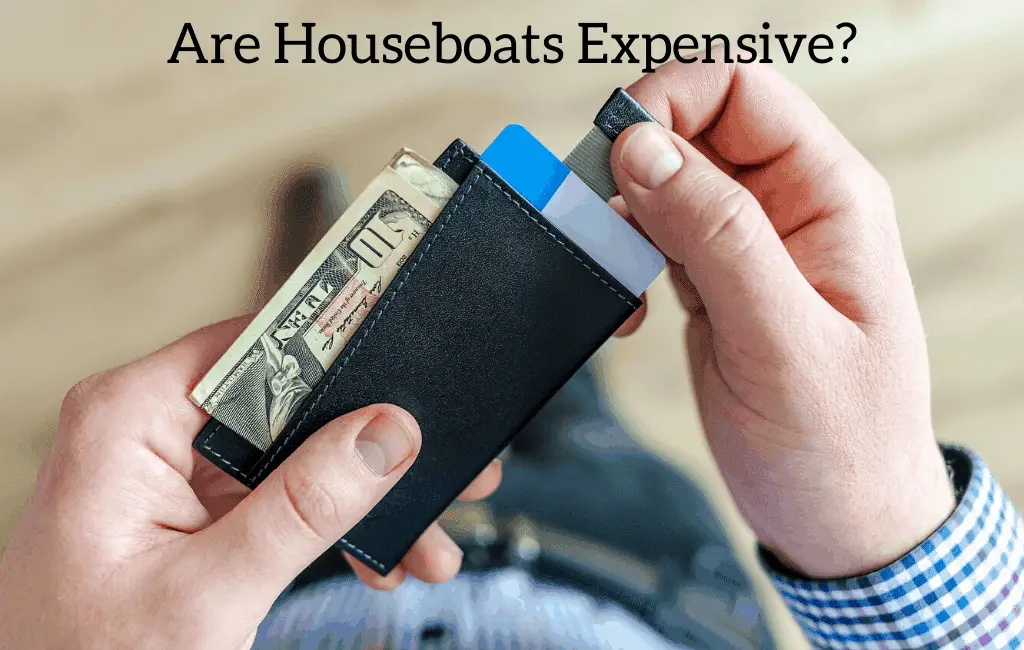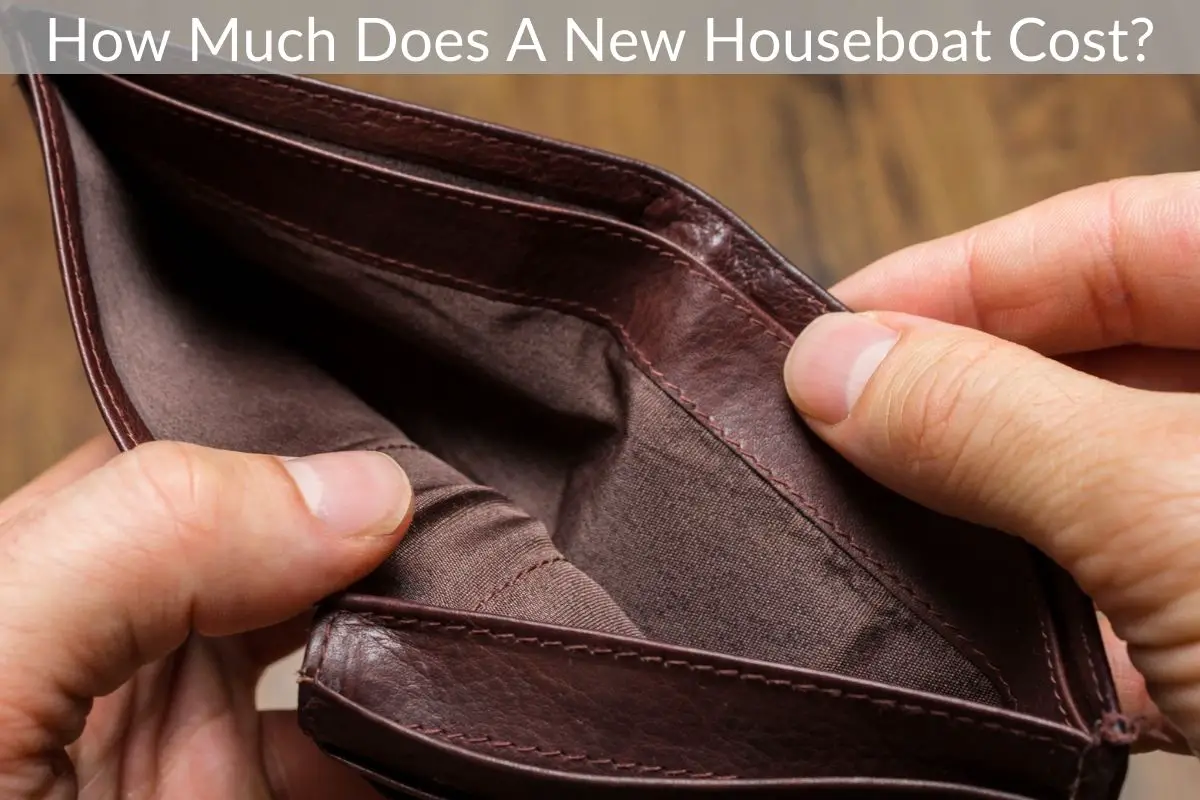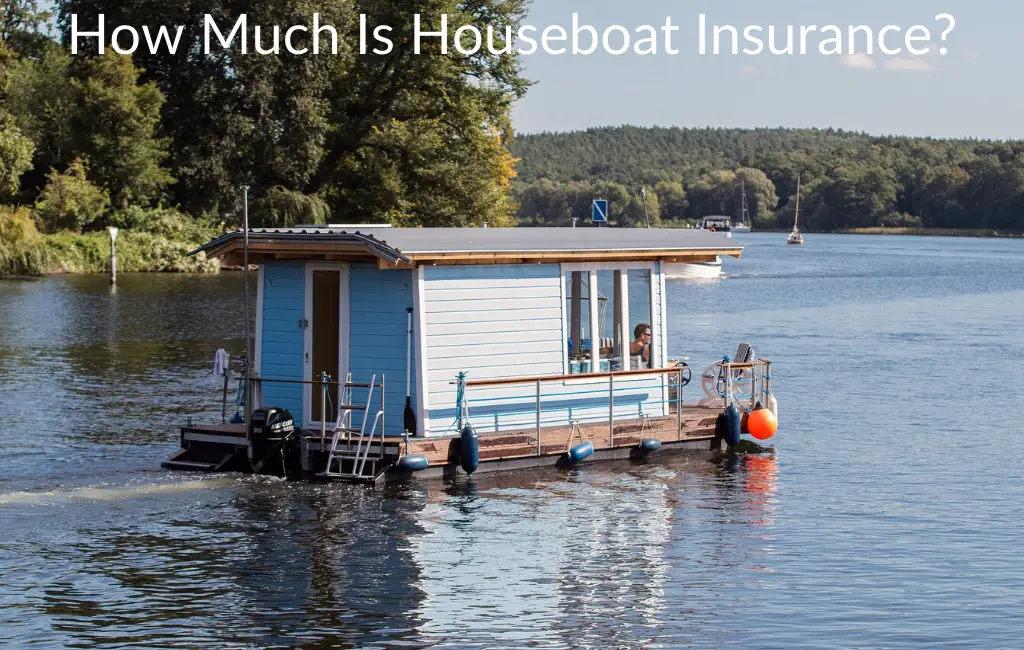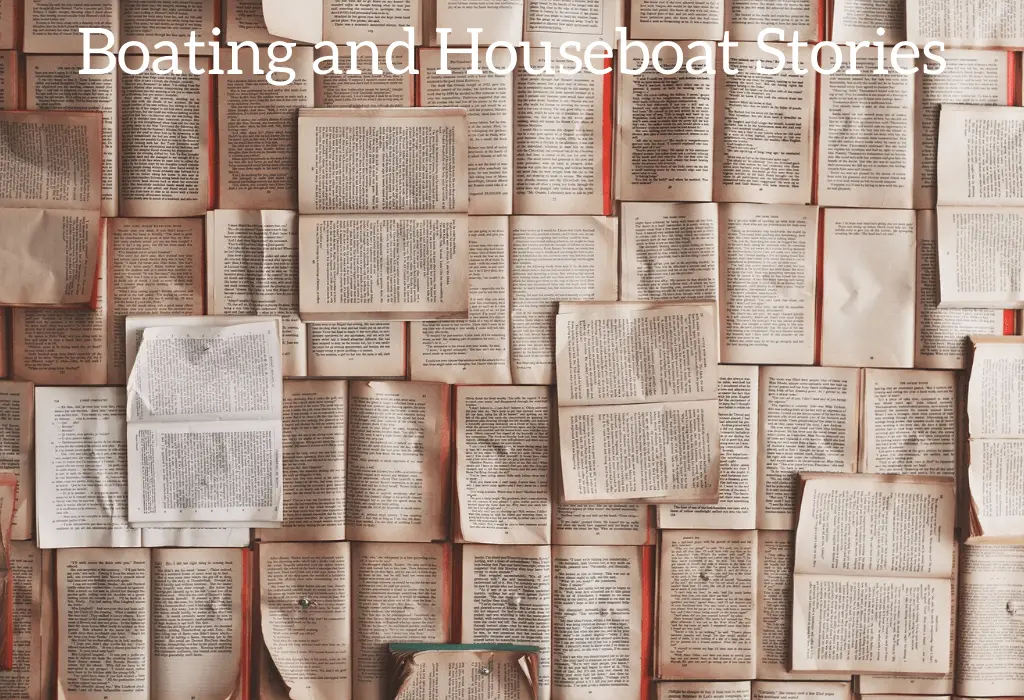Houseboats are preferred by certain travelers, entrepreneurs, students, and couples due to factors such as affordability and scenic beauty. While most people are aware that houseboats offer a pleasant experience for the ones who rent or own them, do all these people know the risks associated with a houseboat? How safe is a houseboat? What are the safety measures to be taken, while living on a houseboat? What are the things to avoid? Let us find out the answers to these questions, one by one.
*This post may contain affiliate links. As an Amazon Associate we earn from qualifying purchases.
In general houseboats sink much less than other types of boats simply because they are rarely taken out on rough water and are used on lakes and rivers where the risk of sinking is much less than for boats on the ocean.
Houseboats are stationary most of the time. Thus, one may assume that it is immune to sinking and other hazards associated with vehicles on open bodies of water. However, the fact is, houseboats can sink too, although such incidents are less frequent when compared to other kinds of boats/ships. One may eliminate the risk of sinking by taking a few simple precautionary measures.
Before going to the risks and precautions, let us first try and understand how they work.
What keeps a houseboat afloat?
The most obvious hazard of any boat is it sinking. If you are aware of the mechanics of how a boat stays afloat, you can often manage to successfully keep the hazard at bay. When it comes to houseboats, keeping them afloat matters even more because it is much more than a boat – it will often house your belongings as well.
Buoyancy is a principle in fluid mechanics which states that a fluid exerts an upward force on an object that is immersed in it, in a field of gravity. Simply put, it is a concept where when you push the boat into the water, you may have observed how the boat bounces back up. This is because the boat is exerting a downward force while the water is exerting a force in the opposite direction.
This is the principle based on which boats are built. When the object immersed in the fluid is too heavy or dense, the downward force is greater and the object sinks. That is why houseboats are normally made up of light objects such as wood and fiberglass that make it easy to float.
A houseboat has 2 centers – the center of gravity and the center of buoyancy. These two centers intersect at a point called the metacenter. The lower the metacenter is, the higher the probability is that the boat may sink. With a houseboat you don’t need to worry too much about this unless the weather is extremely bad. A safe houseboat is one that is built with a heavy center of gravity.
The main reasons why a houseboat can sink
The weight factor
When a houseboat’s load exceeds its capacity, there is a greater chance that it may sink. In fact, in most of the cases of houseboats that sank, the excess weight seems to be the common factor. Different manufacturers make houseboats with varying capacities. It is wise to contact your houseboat manufacturer to know the maximum load your houseboat can handle.
You not only have to keep within the houseboat’s capacity; weight has to be distributed properly too. To stay safe, balance the weight on your houseboat so as all of it is not in one spot or in the bow or stern.
You might have noticed that heavy equipment and tanks are normally placed at the center of the boat. This is done so that no side becomes heavier than the other.
If you exceed your houseboat’s maximum capacity or concentrate all the weights in one area, water can easily flood over the deck which will eventually cause your houseboat to sink. Apart from keeping the weight balanced, the people on the houseboat should be sure to distribute themselves in such a way that not too many people are on the same side of the boat at any given point in time. This is especially important if it is stormy or if the water is rough.
When renting a houseboat, make sure that it does not lean to one side and has all its weight distributed evenly across the boat.
Rough water
Houseboats are not designed to handle rough water. When exposed to medium or larger waves, the metacenter of the boat drops lower, allowing it to sink. Houseboats are meant to be used on calm waters and on water bodies that have predictable weather. It is risky to take your houseboat out to regions that have tall waves and rough waters.
This is why houseboats are only used on lakes and rivers and not on the ocean.
Tips to keep your houseboat from sinking
Do not allow water to get into the boat
Of course, distributing the weight on your boat will keep water from getting into the boat. However, more often than not, it is the water from within the boat that poses a risk. If the water pipes in your boat are not well insulated, they are likely to freeze under cold temperatures. Later when defrosting occurs, they will cause leaks which will eventually sink the boat if not cared for To avoid this hazard, you must ensure that the water system in the houseboat is free from water pressure during the winter time and you should always winterize your houseboat properly.
Be aware of your surroundings
Just like how you would have emergency contacts in your home, you need to be aware of safety crews who are close to the place where you have docked or are using your houseboat. You should know the GPS coordinates of your current location as they will come handy when you want to let someone know where you are in case of an emergency.
When on a rented houseboat, always know where the emergency exits are so that you do not panic if you happen to encounter an emergency. You should also know where the life jackets, fire extinguishers, and other safety tools are placed in your houseboat and all of your passengers should know these things as well.
Stay away from CO
Carbon Monoxide is a deadly compound that is fatal. Most of the time, you are not aware that it is present in the air around you until it is too late. For fresh air, it is recommended to ventilate your houseboat well.
Ventilation is crucial to safety as boats can get heated up due to the fuel and engine use. The emissions produced from the engine should blow outside your boat for safety reasons. For further safety, you should install multiple Carbon Monoxide detectors across your houseboat. This way, you can catch a leak as and when it happens.
Conclusion
Houseboats are a good and safe experience when you take the necessary precautions. Under normal weather conditions, a houseboat is the safest kind of boat to be on! Thus, be aware of the safety measures and you are guaranteed a blissful time on board.

